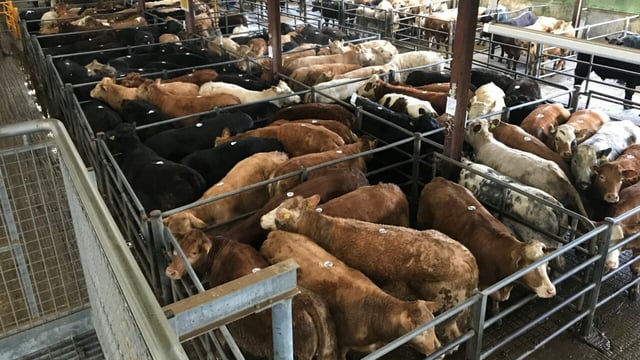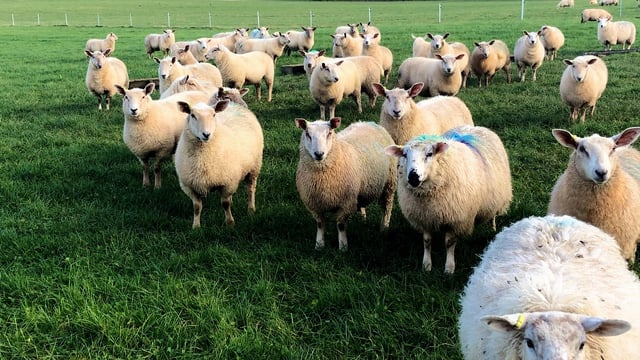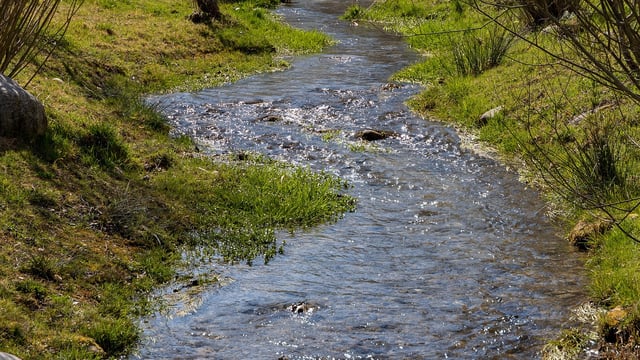Autumn calving: Preventing an outbreak of calf scour in sheds
Calf scour is one of the most common diseases in young calves and is quite often a deadly disease.
There are plenty of calves on the ground for the herds that are milking cows over the winter months, and calf scour can pose a serious threat if hygiene, feeding, and calf health are not at the forefront.
A scour outbreak will significantly increase the workload and stress on the farm, at a time when that workload is already multiplying with the number of cows calving.
Calf care already takes up 20% of the workload during the calving season, and adding a scour outbreak to the equation can really pile up the pressure on farms.
Scour is the biggest killer of young calves under one month-of-age on dairy farms, and although completely eliminating cases on farms will be difficult, the number and severity of cases can be reduced.
Scour refers to watery faeces and results from a badly damaged gut, which leads to a loss in function and an intestine that is not functioning properly and causes the calf to lose salts and water in the form of diarrhoea.
The initial damage to the gut is caused by bugs, and once the damage is done, the calf will be scouring until the intestine is repaired.
Calf scour is most commonly caused by parasites such as cryptosporidia and coccidia, or viruses like rotavirus and coronavirus. It is less commonly caused by bacteria such as salmonella and Escherichia coli (E.coli).
Calf scour
Calves that are showing symptoms of scour should be separated from the group, as this will prevent the spread of the infection and give the calf a better chance to recover.
It is vital that the calf's fluids and salts are replaced immediately, as healthy calves need up to 4L of fluids each day and scouring calves will need an additional 4L to replace lost fluids.
The calf with scour should be given one or two extra feeds of about 2L each of electrolytes or some sort of good quality rehydration solution as soon as the calf starts scouring.
If the calf is too weak to suck or drink the electrolytes, it should be stomach-tubed to get something into the system.
The calf should continue to get their regular feeds of milk as a scouring calf is losing fluid which needs to be replaced, so it is important to continue to offer milk feeds, along with extra feeds of electrolytes.
It is often thought that a scouring calf should have their milk feed stripped, but research has shown that offering calves their milk feeds can reduce the length of sickness and recovery time.
Feeding milk separately while the calf is sick actually helps with the healing of the intestine, so offering it to the calf for as long as it wants to drink should continue, and the milk should not be diluted.
Prevention
Feeding good quality colostrum is the key to calf scour prevention as a healthy calf is determined by the balance between the resistance of the calf and the level of infection the calf is exposed to.
Good hygiene is crucial as keeping the calf comfortable, dry, and clean is important through all stages of calf rearing. Pens should be cleaned out regularly and not just at the end of the season.
A farmer should carry out a knee test every now and then which involves placing your knee into the bedding and if your knee comes back up with a wet patch, the bedding needs to be changed or topped up.
Cryptosporidia can cause severe diarrhoea in calves that have received adequate amounts of colostrum, but hygiene is poor.
Individual calf pens should be cleared out between calves and when calves are grouped together, they should be put into clean pens, as clean, dry bedding is essential wherever the calf is housed.
As the calving season progresses, there is a tendency for infection to build up, so it is important to ensure that your calf housing as clean at the end of the season as at the start.
Another thing that might get overlooked as the calving season goes on, is the cleanliness of the feeding equipment - make sure that all teats and buckets are thoroughly washed after every use.
Vaccines against scour-causing viruses and bacteria should also be administered but the farmer will need to know the cause of scour on the farm to choose a vaccine. A vaccine against cryptosporidia has only recently come on the market.
Also, an oral dose of Halofuginone is licensed to protect against cryptosporidiosis, but no vaccination or oral dose is going to prevent the disease if hygiene and conditions are unfavourable.











